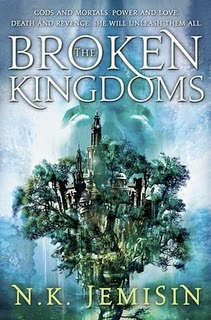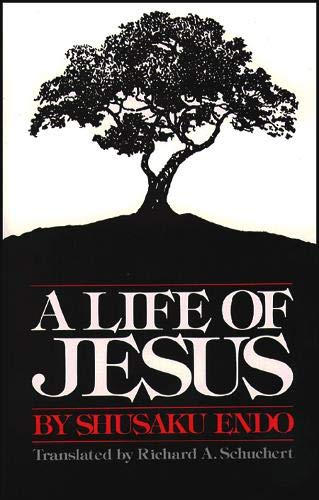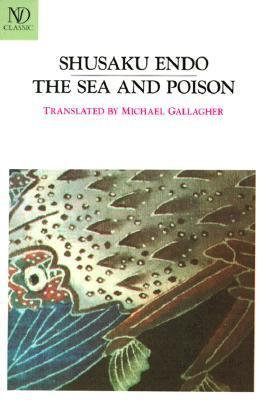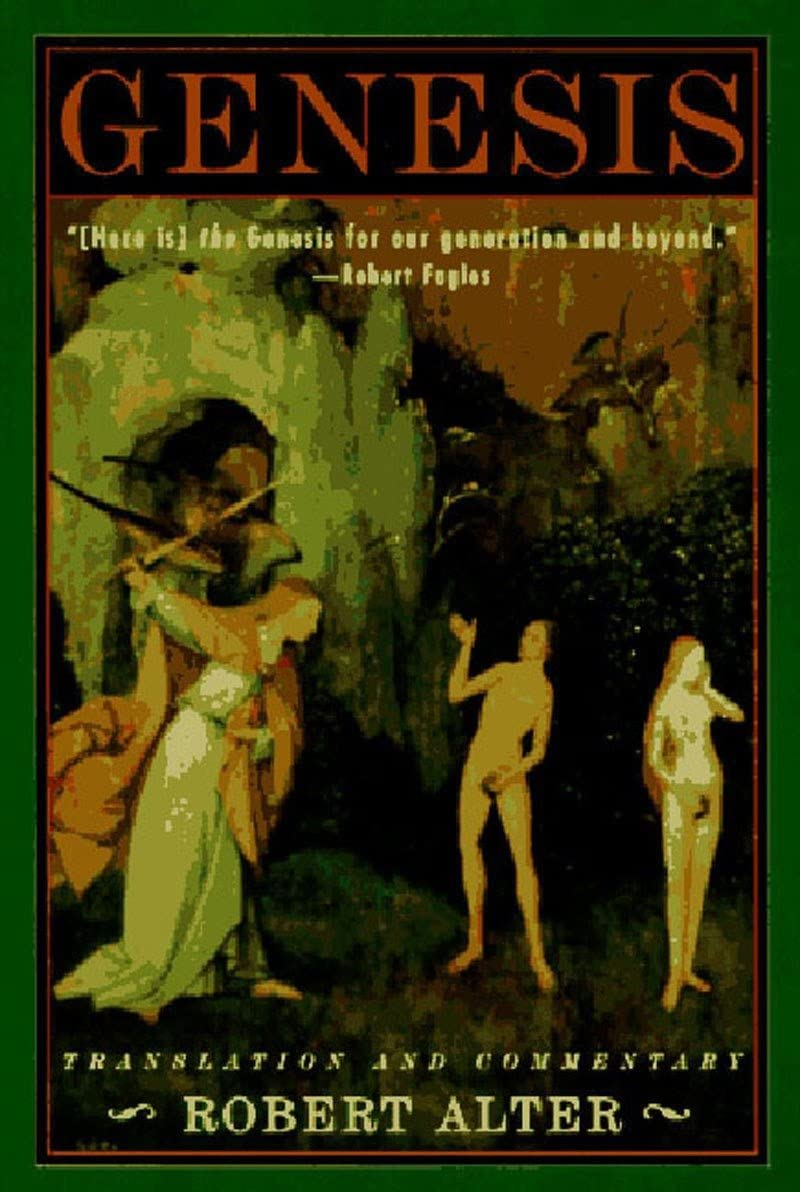Here are the books I read in January, and a brief synopsis and review.
- Heart of a Dog, Mikhail Bulgakov: The long-banned piece of speculative fiction by the Russian author Bulgakov. Written in 1925, but suppressed by the Soviet state for its clear anti-Soviet sentiment, this book has only come to light relatively recently. It is similar in some ways to HG Wells’ The Invisible Man, or Shelly’s Frankenstein, in that the central action revolves around science that tests the boundaries of humanity. Two doctors find a stray dog in Moscow and replace its testes and pituitary gland with that of a just-deceased human’s. The eventual result is a dog which becomes a man - a scoundrel of a man, a rude, vicious drunkard, and one who just happens to fall into the philosophy and workings of the nascent Soviet society/Party. In this way, the story is not really about the horrors of scientific experiment on a human, at least not in the same way as Wells’ or Shelly’s stories. But it is about the dangers of the “scientific” attempt to recreate humanity, as Bulgakov believed was happening in Russia. He reserves the greatest ire for Sharikov - the dog-man - and Shvonder, the head of the new housing committee in the doctor’s apartment. Both of these reprehensible characters espouse Party philosophy, the former because it will serve his rapacious appetites, the latter because, presumably, he really believes in it. It is a deeply satirical story, racing with action and fury and a wide variety of mixed narrative perspectives, which was immediately (and somewhat understandably) censored by the State it was critiquing so effectively. There is something in the message of the book for us today as well. Our humanity may not be played with - on a personal or societal scale - without drastic consequences. It is a message we should heed with utmost care.
- The Broken Kingdoms, NK Jemisin: Book two in the Inheritance Trilogy, set in Sky/Shadow, the city of the gods. Jemisin is one of my favourite new fantasy writers, and this book, coming after the first one where we learned of the three gods - Bright Itempas (the Sun), Nahadoth (the Nightlord) and Enefa (the Dawn/Dusk, and newly remade), follows the story of Oree, a blind woman who can only see the magic of the gods, the godlings, and the Scriveners (humans who make use of basic magic). The book is essentially Oree’s journal account of her coming to Shadow, making a living, falling in with some godlings, and getting embroiled in certain plots to kill the gods. The writing is entirely engaging and the world-building excellent. I am always looking for what truth there is in fiction that I may hold with clarity before my heart, and in this there are some important words about loneliness, madness, vengeance, and self-control.
- The Kingdom of Gods, NK Jemisin: Book three in the Inheritance Trilogy, this concluding story is told from the perspective of Sieh, oldest of the godlings, the god of childhood, the Trickster. It is a good book, and a good series, dealing with power, loneliness, love, and many other things besides. The world-building is well done, not obsessively detailed in the same way as Tolkien or Martin, but rather paints in more broad strokes a convincing picture of a gods-haunted world where mortals have had to learn to reckon with powers outside of their control. But the world is changing, for mortals, demons, godlings and the Three themselves. The themes of change, growth and power come very much to the fore in this concluding book, and the finale is pretty epic. I had to skip over the many sex scenes, however, and some of the characters - most notably Kahl - do not get fleshed out as well as I might have hoped.
- To Life! L’Chaim! Prayers and Blessings for the Jewish Home, Rabbi Michael Shire: Beautiful images and prayers, suitable for many of life’s moments, joys and hardships. I have begun using this book daily to supplement my prayers and to be connected to a living tradition of faith and hope.
- Maximum City: Bombay Lost and Found, Suketu Mehta: A comprehensive, journalistic, yet also personal meditation on the vast, dense, complicated, violent, dirty, beautiful, rich, poor, corrupt, hopeful, violent, poetic city of Bombay. Mehta explores the destructive nature of the everlasting gangwars; the corruption of the police and politicians; the bizarre existence of the Bombay dancing girls; the insanity of the Rent Laws; the Bombay “no” and the number of ways you have to get around it; the impotence one feels at the plight of street children; the wide array of competing yet also sustaining religious and spiritual beliefs. All within the framework of his own move back to Bombay and his attempt to raise his family in his beloved home city. It is an insider/outsider view of the city, and it is fascinating.
- The Wim Hof Method: Activate Your Full Human Potential, Wim Hof: Wim Hof, aka the Iceman, seems to have stumbled upon some deep truths about human physiology, and he lays them out in this book even while scientists scramble to understand and test his method. At its heart, Wim Hof says we need to take cold showers and breathe in a certain way. Doesn’t seem like rocket science, and he certainly garlands his ideas in a wide variety of pseudo-spiritual language. But he also gets results. His take is that we have coddled ourselves with comfort to the point where our bodies have stopped functioning as they should. The cold - “merciless, but righteous” - kick starts our vascular system back into gear, and the breathing changes our neurology. All I can say is, after practising these methods for a little less than a month - I think they kind of work?
- Money and Power, Jacques Ellul: Yet another book by Ellul that takes everything you know, or assume you know, throws it in the blender of Scripture and precise, profound discernment of the age, and slams you with the convictions of gospel truth. In this book Ellul uncovers the power of money, money as a spiritual power and principality, with such clarity that you are shocked you didn’t see it quite like that before. Money is not neutral, and riches are not the blessing that we think they are. Christ is Yahweh’s Poor One, and the poor are his reflection on earth. Neither capitalism nor communism (Ellul was writing this in the 1950’s, during the advent of the great world-changing clashes between these two ideologies) have the biblical answer to the dilemma of money and power.
- A Life of Jesus, Shusaku Endo: A fascinating book, one that I suspect not everyone will appreciate. It is a powerfully rendered retelling of the life of Jesus, based upon the Gospels, but with the backing of source critical scholarship and the weaving of Endo’s skills and interests as a novelist (and one of my favourite all-time novelists). Endo points out aspects of the familiar story which are factually questionable, but which, he avers, may still be utterly “true”. He attempts to explain some of the psychology of Jesus, the crowds, the Sanhedrin, and especially the disciples. He zeroes in on Jesus’s message being about the love of God and the God of love, and then asks the question that, in his mind, never gets properly asked or answered by those who question the truth of Jesus: How is it that the disciples move from cowards to courageous martyrs? What happened? This is the very question that brought me back to faith in University.
- Indians on Vacation, Thomas King: I am a big fan of Thomas King and have enjoyed every book of his that I have read. Until, sadly, this one. I’m not sure exactly what the issue is, but it just didn’t work for me. It is the story of Blackbird and Mimi, an older Indigenous couple from Canada, who are in Prague looking for evidence of a lost family bundle that Mimi’s great-uncle took when he joined a travelling rodeo show in the early 20th century. The story, told from the perspective of Bird, a semi-retired photojournalist, also weaves in events from their life in Canada and their other travels to various locations in Europe, but in an uncharacteristically disjointed way. The problem, I think, is that Blackbird is a miserable grump - his various “demons” of depression, self-loathing, etc..are anthropomorphised into characters he can see and interact with. He is someone you might not want to spend any time with, but the narration forces you to spend the entire book seeing things from his dour perspective. This includes his views on Mimi, who is irrepressibly optimistic and adventurous, traits that are viewed as an intolerable bother and nuisance by Blackbird. There are reflections within on the refugee crisis, the sixties scoop, and the general impotence people of good hearts feel upon encountering the pain and sorrow of the world, but mostly it just feels world-weary. Nothing is resolved, the family bundle isn’t found, nobody changes or even seems to learn or grow. There are so many great Thomas King books out there, I’d suggest giving this one a miss and reading any of the other ones.
- The Sea and Poison, Shusaku Endo: Set in Japan during the second world war, this is a story about personal responsibility and the effects of conscience. A team of doctors and nurses at a hospital of TB patients is faced with the opportunity to perform vivisections on American prisoners, in the interest of furthering medical science. Endo gives us the backgrounds of several of these characters, each of whom react differently to the horrific procedure. It was, apparently, one of the first times the issue of personal responsibility for actions taken during the war was brought up in Japanese fiction, and the novel won Endo awards and acclaim. It is a stark and stirring work, the clinical nature of the surgery scenes and the interior psychological wrestling of the characters in particular bearing the ring of truth.
- Genesis, Robert Alter translation and notes: I love Alter’s translation work. It takes familiar books and renders them at once unfamiliar, poetic, and earthy. His explanatory notes are always brilliant, occasionally snarky, sometimes even funny. And this story holds its spiritual, narrative and psychological relevance as much as ever.











No comments:
Post a Comment